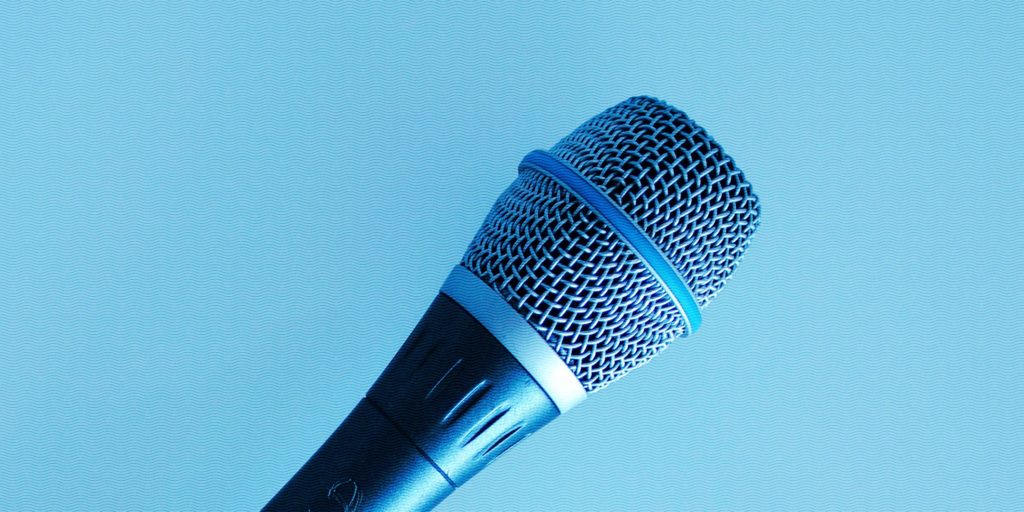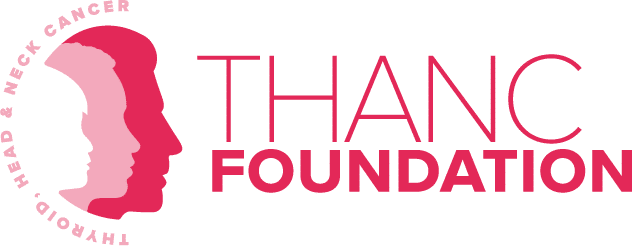
Three years ago, I was diagnosed with squamous cell carcinoma on my forehead and upper neck. As an independent person who likes to handle things herself, this was a situation where I couldn’t do that. I knew I had to get past my pride—past my reluctance to ask for help. I needed advice, assistance and support as I faced this personal health crisis.
I live alone and have one sibling and two adult sons. My brother and one of my sons live 3000 miles away. My other son lives locally, but is married with two young children. Despite these barriers, my brother flew in for the surgery. My locally-based son attended not only my surgery, but also freed up a day each week to accompany me to medical appointments. Unfortunately, this was not all the help I needed. After my surgery, I had to undergo 7 weeks of daily radiation treatments, as well as several weeks of chemotherapy and frequent hydration sessions. These appointments took place about 30 minutes away from my home, and I wasn’t allowed to drive! I knew I needed people to take me, a challenge which seemed insurmountable at the time.
…one of the things I love is cycling. Certainly when I had my surgery—and for quite a bit of time afterwards—that activity was out of the question
My brother suggested a computerized schedule which would enable me to post my needs online, and through which people could sign up to help. So that’s exactly what we did. I prepared an explanation of my medical condition and needs and sent it out to friends and, reluctantly, to many acquaintances. Much to my delight and amazement, people started signing up right away! It was magical. Over those seven weeks, there was not one time I was lacking for a ride. Some people offered additional help. There were sleepovers, visits from out-of-town friends, and companions who helped me get to critical doctor’s appointments. I soon learned that if you are willing to bury your pride, overcome embarrassment and reach out to folks you know, many people are more than happy to pitch in. Your support network is likely to be much larger than you imagined!

Will You Share Your Journey?
April is Oral Cancer Awareness Month. As part of that theme, we post stories written by oral cancer survivors, caregivers and medical professionals for our 30 Stories in 30 Days™ campaign. The insights they share can help others along their journey.
Now, three years after my last treatment, I feel extremely fortunate that my life has nearly returned to normal. At an earlier point of my treatment, I thought that I would need to make permanent modifications to the type of activities I pursued. For instance, one of the things I love is cycling. Certainly when I had my surgery—and for quite a bit of time afterwards—that activity was out of the question. During my convalescence, I would read descriptions of cycling events and look at photos of friends on their bikes. That was extremely hard to bear.
All in all, I am thankful that I can be active
I am very happy to report that I’m back to riding my bike, and I receive complimentary feedback from my cycling buddies. My return to normalcy has been extremely empowering. Recently, I even joined a team participating in Cycle for Survival, an annual fundraiser that supports research on rare cancers. Yes, I do have ongoing limitations, but I am so happy that I have been able to return to a sport I love.
Though I have been able to maintain my love for cycling after treatment, I still struggle with limitations in other areas of my life, particularly when it comes to food. Before my treatment, I was a self-proclaimed foodie. I enjoyed experimenting with flavorful ethnic recipes and trying new restaurants. However, after surgery and radiation, I could no longer consume the food that I loved. Meals with seasonings like pepper or even paprika, dishes lacking moist ingredients; and most any menu item of a more solid consistency are out of bounds for me. When I go out to restaurants with friends, I sometimes come close to tears, because I am unable to find anything on the menu that I can eat. In the last few years, I have increased my strategies for coping and adapting. For example, now I sometimes take my own food with me on restaurant excursions. At home, I have incorporated a wide variety of soup recipes, discovered which breads and cheeses I can manage, and have also learned to prepare high-protein and vitamin-rich fruit smoothies.
Looking at the larger picture, I realize that my eating handicap is a small price to pay for being cancer free, for being able to enjoy so many aspects of a healthy life. All in all, I am thankful that I can be active, that I can travel and spend time with my friends, children and grandchildren. And I am grateful for the extensive support network that continues to enrich my life.


